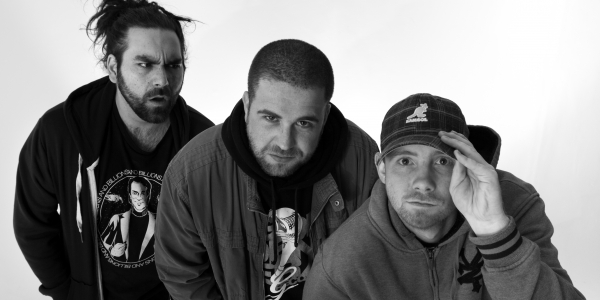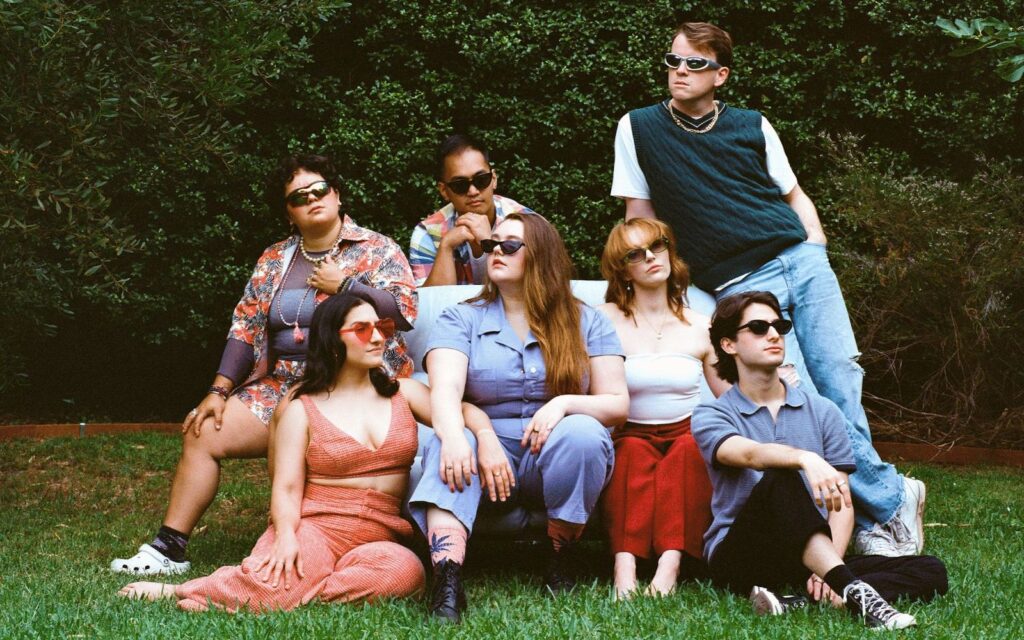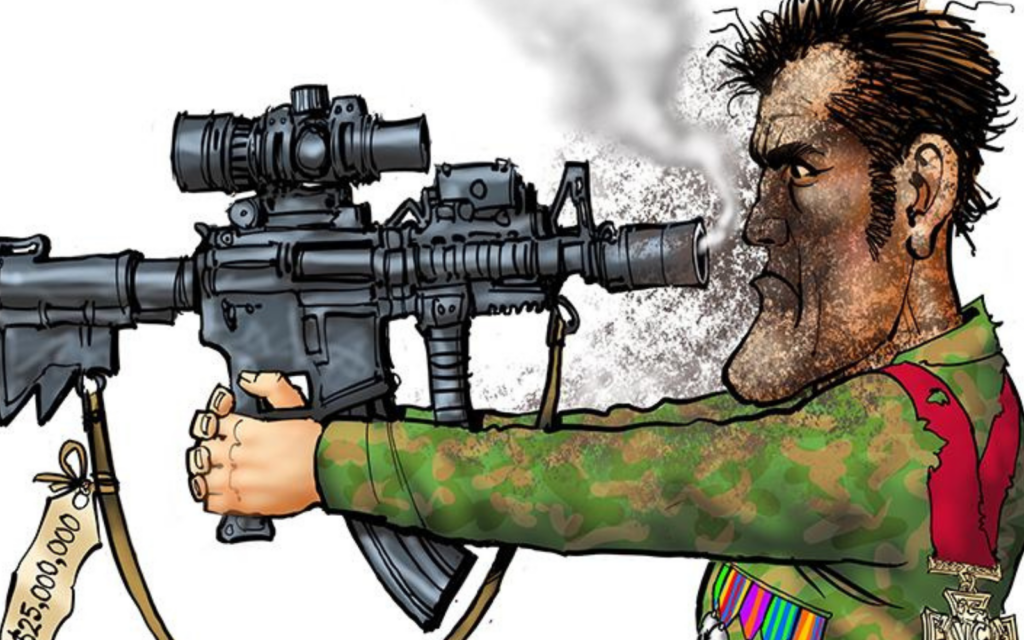“I feel so blessed. I can’t even tell you how blessed I feel,” she laughs. “I loved law school. I want to be very clear about that. I loved studying law. I thought it was incredibly exciting. I did not like being a lawyer. I didn’t like it at all. Studying law and practising law are two different things. It was fine having my head stuck in a book, but the pressures of law are incredibly stressful. I think any creator who wants to take writing seriously, it’s going to be stressful, there’s going to be different kinds of stress. But I work longer hours now than I would have as a lawyer, and I’m much happier.”
Liu attended law school in Wisconsin, and after studying, travelling and working throughout Asia for over 15 years, in 2004 gave up practising law to become a professional, full-time writer. While her bestselling novels granted her fame, they also enabled her to break into the notoriously difficult comic industry.
“It’s interesting with comic books, because different mediums offer different affordances. You think about films, for example. You can do things with film that you can’t do with prose, like you can show the enormity of action…but with film you can’t get inside someone’s head, wherein a novel you can. I like to think of comic books as the best of both worlds, where comics offer visual aspect of film – not the same degree – but it also allows you to hit those interior notes to really get inside a character in the same way you can with prose. It’s this beautiful way of hitting all the right notes, you can have a little bit of everything…That’s why it’s so appealing to me. I love writing novels, don’t get me wrong, I’ll never give that up, but graphic novels are deeply pleasurable for me, the way I can merge these two things I love.”
When I interviewed Scott Allie, Senior Managing Editor at Dark Horse Comics, he mentioned that while there’s more of an equilibrium in the editorial side of comic publishing, there’s a heavy tilt towards males in the number of professional comic book artists and writers. This is largely due to the petty depiction of female characters in the early years of the industry, where the male superheroes were saving the world while the female super heroes were resigned to “talking about clothes, and how handsome Thor is,” as Allie put it. It’s no wonder that books written like that didn’t generate a bigger female audience, and I asked Liu about her thoughts on the gender divide.
“I’ve always loved being a woman,” she laughs. “And there are far more women in the comic book industry than what people really are aware of or discuss. If you read indie comics, women are everywhere. Women are all over indie comics – Jessica Abel, Raina [Telgemeier]– there’s name after name. However, they all seem to be in creator-owned comics. When we come to the big two, DC and Marvel, which is what people seem to pay attention to more in superhero comics, it’s true, there aren’t that many women. There are quite a few women behind the scenes…but when it comes to writers, there’s usually just a couple of people…The reasons why for this – a person could debate that. One possible argument is that superhero comics have historically been marketed to boys that there’s this historical tendency to think that only boys could write these characters. The other possible argument is that there’s persistent but unfounded belief that women are good for writing relationships and these indie, memoir comics but when it comes to superheroes, women don’t really know how to write superheroes. I’ve actually heard that from people before.
”I think it must change, and I think it’s inevitable that it will change. We’re seeing it across the board that more women are being given opportunities to break into the big two…You need to show that you’re established somewhere. For most people that requires self-publishing or getting things that creator-owned, perhaps at another publisher, and so women can do all this the same as men and create their own comic and use that as a calling card to get their foot in the door.”
Liu will feature at a few events at this year’s Melbourne Writers Festival, including Inside X-Men with the dudes from Non-Canonical podcast, along with participating in discussions about speculative fiction and writing erotic literature.
“I love writing everything. I have this insatiable curiosity when it comes to writing. I never want to leave graphic novels, but I would like to do something creator-owned in the future. I think I sort of have written enough books at this point that I feel I know there’s an apprenticeship period, where you’re getting your feet wet and you’re learning how publishing works and you’re getting the right contacts and I think now is the time for me to start doing more creator-owned works, that’s definitely on the horizon. I would love to write adult novels, I would love to write gritty thrillers. I can’t talk about it yet but I dabbled in doing work in television and that was fun.
“I love words, I love creating and I love storytelling and that encompasses so much. I’m only in my mid-thirties, fingers-crossed I’ve got time, and I just want to keep exploring and having adventures through my work. I don’t want to stagnate. I think that’s the worst thing an artist can do, is let themselves fall into the same pattern, the same routine of work, and I think it’s very important to shift these things up and push boundaries and push ourselves as artists to do different things and explore and push past the limits of what we think we can do. Maybe we’ll fall flat on our face and maybe things won’t work, maybe things will take off – either way we just keep learning and I think it’s so essential as artists as writers as people, it’s so crucial to keep learning and evolving within the works that we do.”
BY NICK TARAS







